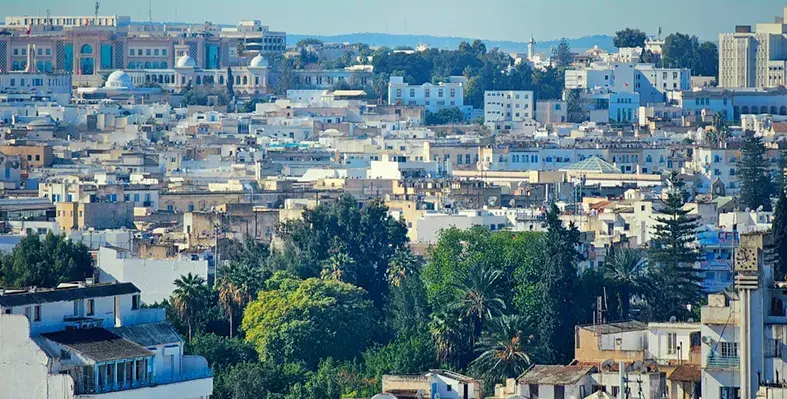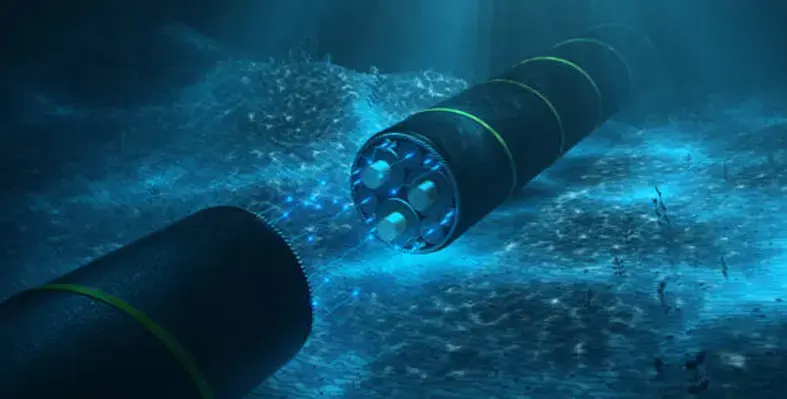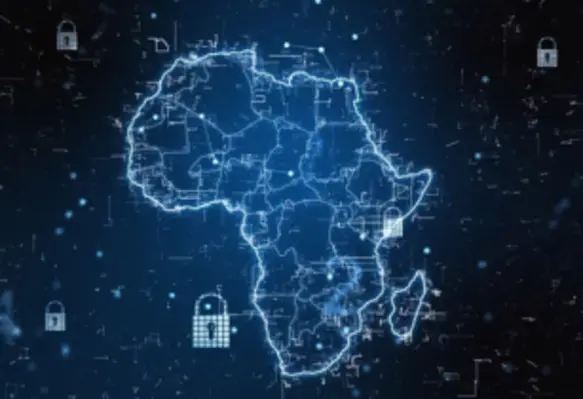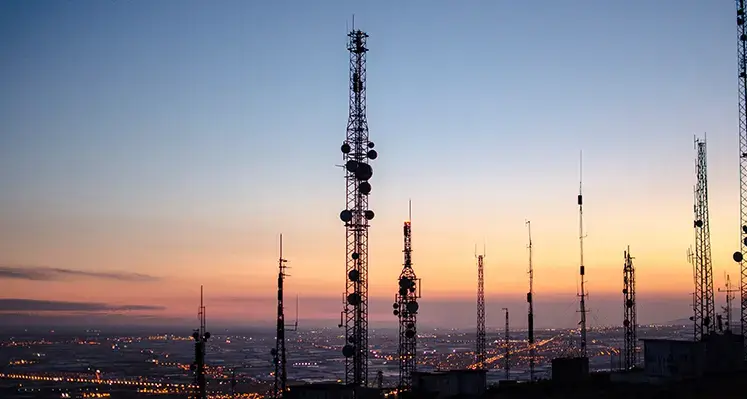It has been announced that all South African universities and public research institutions will have access to high-speed internet broadband
The scheme will see broadband at a speed equivalent to that of more developed nations introduced by the end of this year. South Africa's Department of Higher Education and Training announced that the Department of Science and Technology is to invest US$117mn into linking local universities and public research organisations, through a broadband connection with a minimum speed of 10 gigabits per second. The development signals a new era in research and cooperation for South Africa and places the country on a par with the rest of the developed world for the first time.
"Scientists will be able to come to the country, knowing that they can access the same quality ICT services as they are used to in their home countries," said Christiaan Kuun, project manager for the South African National Research Network (SANReN).
SANReN forms part of the government's goal to expand scientific infrastructure and create a new national research and education network (NREN) in South Africa. The SANReN project, which is an initiative of the Department of Science and Technology, kicked off in 2007 to create an enabling information technology environment for students and researchers at tertiary institutions.
According to the Meraka Institute at the Council for Scientific and Industrial Research (CSIR), tertiary institutions in rural areas are the latest to benefit from the SANReN roll-out. The Meraka Institute is in charge of implementation and oversight of the project. The institute focuses on advancement and research in information technology. As part of phase two of the project, infrastructure development is being extended to smaller, rural universities and satellite campuses around the country.
The University of Venda and its satellite campuses in the North West province, Limpopo, and the Eastern Cape among others, will connect to SANReN for the first time later this year. This will make it possible to access the internet at a minimum speed of one gigabit per second. Phase one, which was completed late last year, made it possible for 105 tertiary and research councils, among them 23 educational institutions and eight science councils, to connect to SANReN.
The South African Large Telescope (Salt) and the Square Kilometre Array (SKA) connections were also finalised in the first phase, which now enables local and international scientists to process large quantities of data every day.
The SANReN national ring network connects all South Africa's major cities - Durban, Pretoria, Johannesburg, Bloemfontein, Cape Town, Port Elizabeth and East London –with each other. This connection offers a speed of 10 gigabits per second.
International connectivity is provided through the Seacom undersea cable and a joint collaboration with the Tertiary Education and Research Network of South Africa and international networks such as GÉANT, a pan-European research and education network. ICT for Education Prof Hlengiwe Mkhize, deputy minister of higher education, says that the network forms part of the government's desire to fast track research and education abilities through ICT at all tertiary institutions, with priority given to rural based institutions.
Mkhize represented the country at the recent Southern African ICT for Education Summit held at Victoria Falls in Zimbabwe.
Government has made considerable investment in various projects and infrastructure, of which SANReN forms a part. Government-owned telecommunications company Sentech is building a national wireless broadband network focussing on rural access. Broadband Infraco, also government owned, is upgrading its network to increase capacity and reach.
The government has also invested in submarine cable projects such as the West Africa Cable System (Wacs) and the Eastern Africa Submarine Cable System (EASSy). Wacs is an under-construction submarine communications cable linking South Africa with the UK along the west coast of Africa. EASSy is an undersea fibre optic cable system connecting countries of eastern Africa to the rest of the world. According to Mkhize, EASSy will offer an additional eight terabits to the country.





















